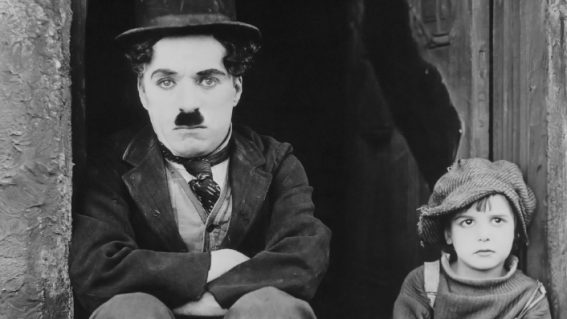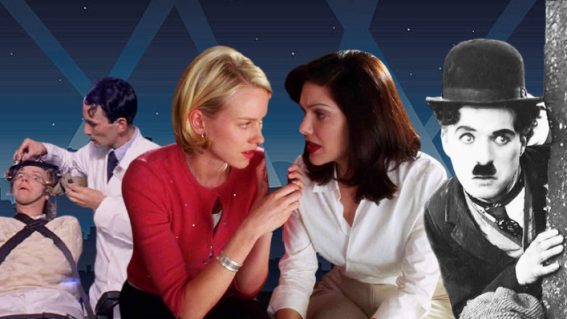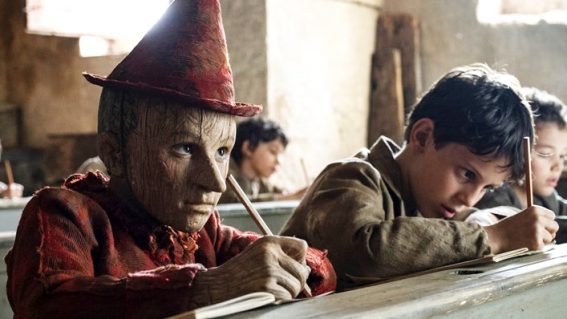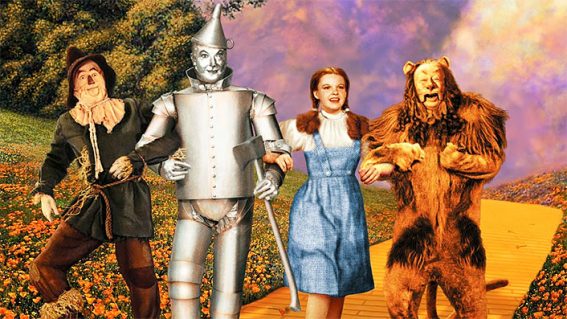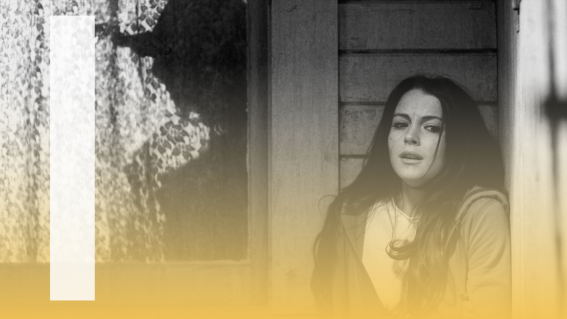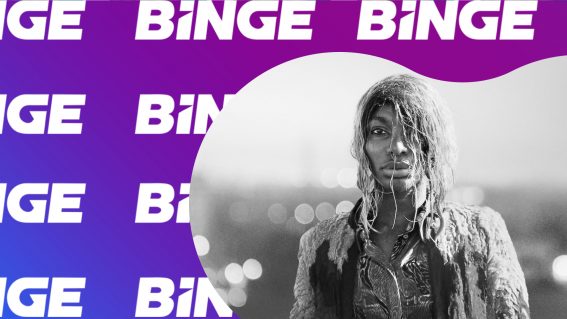Happy 30th birthday Wild at Heart: the crazy Nic Cage and David Lynch classic
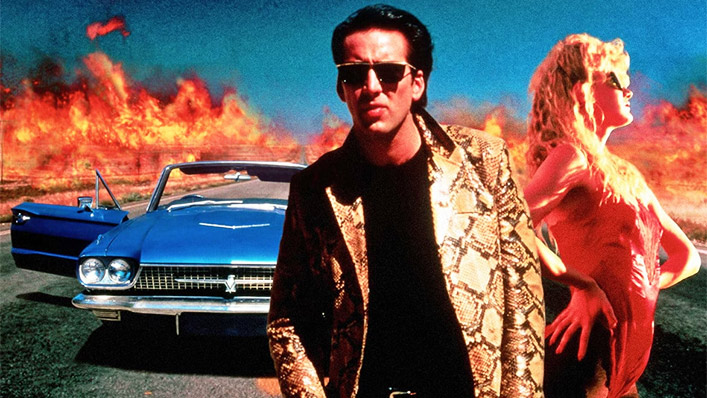
What a ride! The crazy-good classic Wild at Heart is now 30 years old. Critic Luke Buckmaster revisits this insane hallucination of a film, which famously paired director David Lynch with the inimitable Nicolas Cage.
The combination of David Lynch as director and Nicolas Cage as lead actor is a match made in heaven. Or perhaps, given the film in question – 1990’s Wild at Heart – features fire as a visual motif and revolves around violent no-goodniks, it is a combo forged in that other place: the one down below. Like most Lynch productions, this film – which was adapted from Barry Gifford’s novel and won the Cannes Film Festival’s prized Palme d’Or – is, indeed, a wild and intensely atmospheric ride. It’s potent like a bad dream seeping into daytime, as if painted in the gaps between consciousness and subconsciousness.
There are numerous references to The Wizard of Oz. Lines of dialogue (i.e “this ain’t no Emerald City” and ”I wish I was somewhere over the rainbow”) and visions of the good and wicked witches form a message about how differentiating between real and the imaginary is never as easy as clicking your heels – particularly in a Lynch movie. This hot-blooded, devil-may-care classic is now 30 years old, which is all the excuse I needed to revisit it.
Wild at Heart is pedigree Lynch, pairing his painterly Tarkovsky-on-acid aesthetic with the psychological dictatorship of, I don’t know, a Doctor Caligari type figure: some kind of mad genius. It’s pedigree Cage, too, who is quite possibly my all-time favourite actor. As a kid in primary and high school I never liked the term “best friend,” finding it unnecessarily exclusionary – which might explain my reluctance to bestow upon the man a numero uno status.
Acknowledging my love of Cage is basically a long-winded way of explaining why this article focuses primarily on him, not Lynch. Or for that matter, Laura Dern, who is fiery and magnetic in the film’s second key performance.
It’s Bonnie and Clyde on steroids
Sailor (Cage) and Lula (Dern) are Bonnie and Clyde types, on the run from the law and heading to California. The film’s quieter scenes involve the lovers lounging around in crummy hotel rooms and cruising down freeways in a convertible. In these moments Wild at Heart catches its breath before either Cage, or Lynch, or both, explode in their trademark off-the-wall ways.
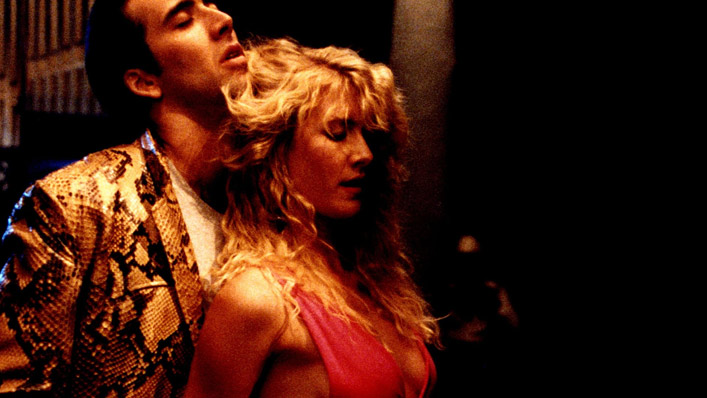
Sailor is capable of snapping like a twig at any moment, into either violent rage cooked up with a devil’s grin (as in the first scene, when he kills a man with his bare hands) or into karaoke-esque musical performance. The director’s style is so choc-full of bravado the personality of the film often overpowers the personality of Cage.
It is when the two come together that Wild at Heart hits its epoch: a hybrid Lynchian, Cagian magnificence. Including, most notably, the final scene – yeah yeah, spoilers – featuring Sailor singing Love Me Tender to Lula. As a song reserved only for his future wife, we understand this is a declaration of his intent to marry her.
That finale is my favourite scene from the film. I’ll unpack it below, along with two other stand-out moments.
Favourite scene #1: ‘We got some dancin’ to do!’
Hanging about in a hotel room, Sailor abruptly announces a change in tone and location when he proclaims: “we got some dancin’ to do!” Lynch cuts to a club where Cage and Dern rock out on the dance floor to heavy metal music. This scene is notable in the canon of Cage for the obvious reason that he croons the country song Love Me (not to be confused with Love Me Tender) – singing like a hillbilly angel, hair slithering down his face and sweat dripping on his forehead, bathed in red light coming from above the stage.
Immediately prior to that, Cage delivers a rare kind of dialogue line, directly explaining the symbolic significance (as his character sees it) of an iconic costume: Sailor’s visually striking snakeskin jacket, which ranks among the most memorable outfits in Cage’s oeuvre. A man provoking Sailor on the dance floor says he looks like a clown in it, but Sailor cooly responds: “This is a snakeskin jacket. For me it’s a symbol of my individuality and my belief in personal freedom.” Damn right!
Favourite scene #2: Rocking out on the roadside
Don’t you hate it when you’re listening to the radio, and all you hear are news reports of lowlifes having sex with corpses? This, erm, day to day occurence is what causes Lula to immediately cease her driving duties one fine afternoon, screeching the car to a halt and leaping from the driver’s seat like a jack in the box. She demands that Sailor “get me some music on that radio,” sick of all that talk about necrophiliacs. He flicks the dial to a station playing heavy metal and the lovers proceed to rock out on the side of the road: a completely impromptu celebration of nothing in particular. Life, I guess. Love. Metal. Snakeskin jackets!
Cage spins, twists, fly kicks and punches the air, doing that beautiful thing he does, when he interprets the act of dancing as the personification of a ballet or circus performer possessed by a demon. Dern is next to him thrashing out also. The lovers then embrace as Lynch raises the camera into the sky, a radiant orange sun burning in the background.
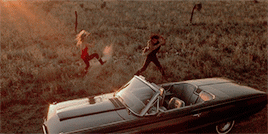
Favourite scene #3: Love Me Tender
This is the final scene and it. Is. A Doozie. After being punched out by ruffians, Sailor is visited by Glinda the Good Witch, who floats in the air in a magical bubble that radiates a similar pinkish colour to an alien rock that would visit Cage some 30 years later in Color Out of Space. “Don’t turn away from love,” the beautiful apparition implores him, before Sailor wakes up and resolves to declare his everlasting love for Lula. To do this he needs to find her, of course, leading to the uplifting sight of Cage running down a traffic-jammed road.
Not on the ground: good god, no, don’t be ridiculous. Sailor runs along the top of car roofs, of course, stomping over them while dressed in that fabulous jacket. He finds Lula’s convertible, pulls her up onto its bonnet, and, with their young son watching on (it’s very cute) sings Loves Me Tender. Lynch holds the frame and the credits roll. Magnificent.

